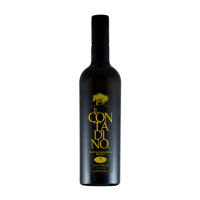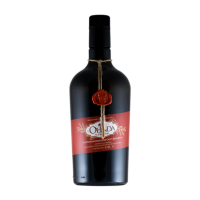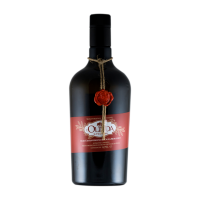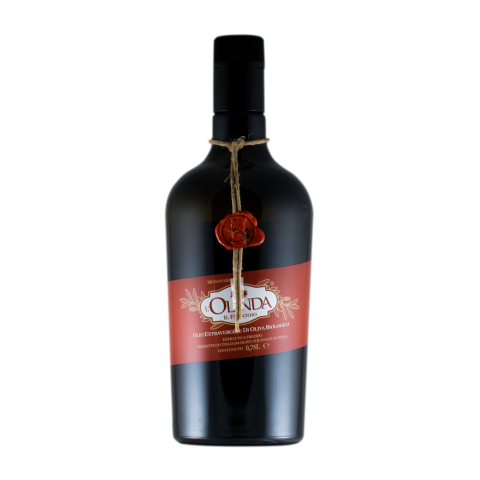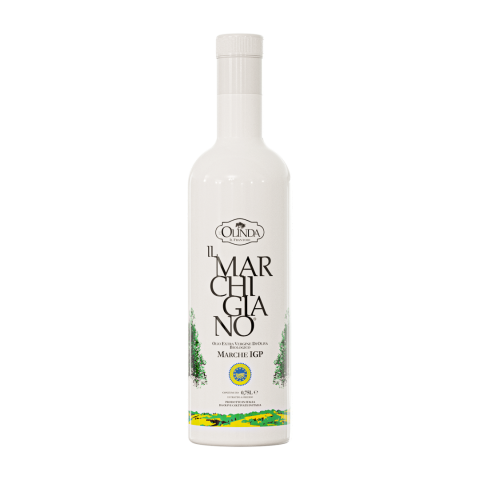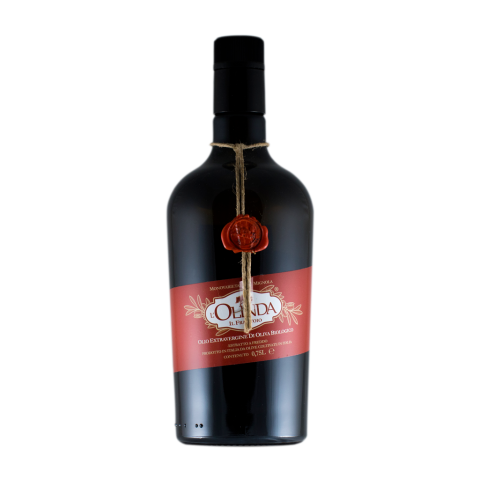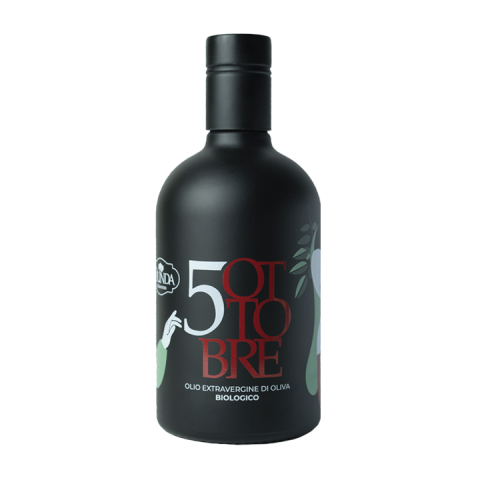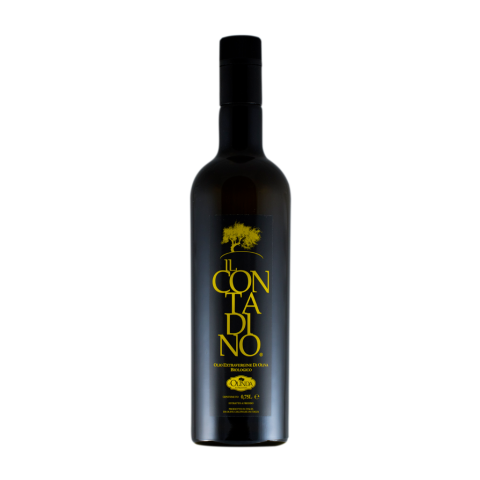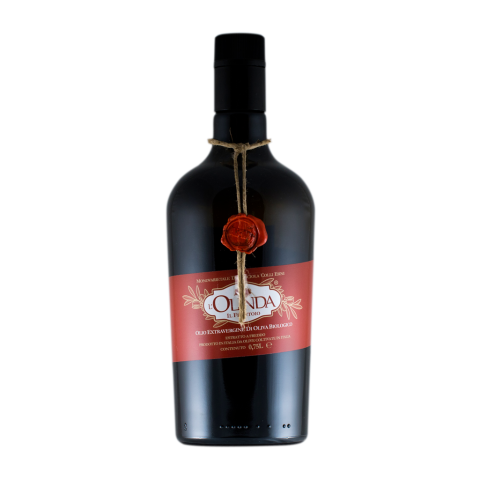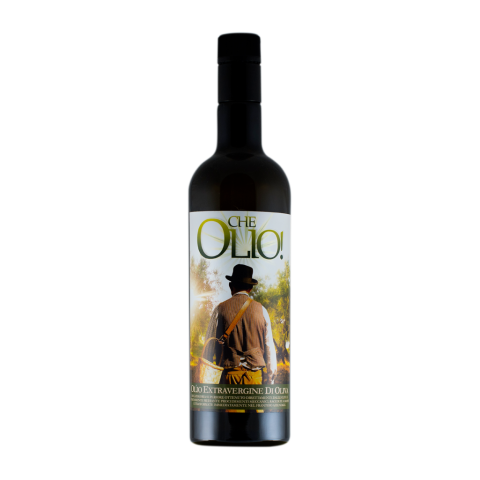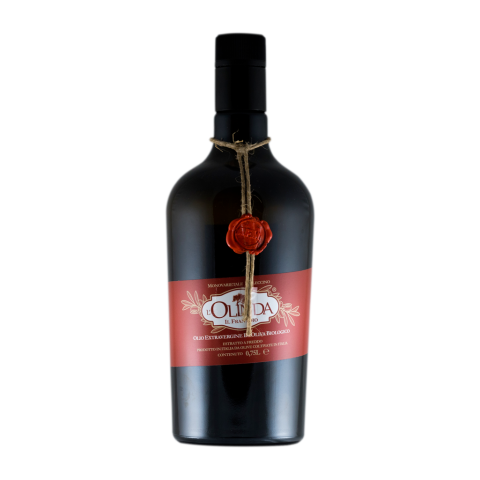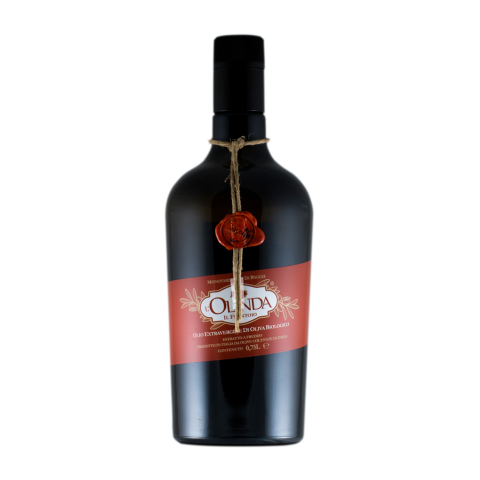How to understand if an extra virgin olive oil is really good
For an amateur taste test of oil, a normal glass and an apple are enough to erase the sensations between one taste and another. The first indications are given by the view: if the oil is clear it means that it was filtered correctly or has been decanted naturally. If it is cloudy it means that not all the decanting has been done. If it has an orange color it can be said, almost with certainty, that it is old. Follows the smell: if it smells of olive and maybe of vegetables, fruit or grass we can rest assured. We must worry if it smells rancid, moldy or sour.
Tasting guide
After the sight and the sense of smell, we pass to the test of taste: we put the oil in the mouth and place the tongue on the palate. By sucking in the air several times, we make sure that the oil flows along the whole mouth and warms up. In this way the volatile substances spread up to our taste organs. In addition to the four basic flavors, sweet, sour, salty and bitter, other very important sensations such as astringent and spicy can be perceived in an oil. Even the nose comes into operation during the tasting and it is precisely from the combination of these olfactory and gustatory sensations that the flavor takes shape. Flavors of rancid and acidulous denote oils with defects; on the contrary if the oil has a fruity, herbaceous, bitter or spicy flavor we are on the right track. By bringing together all the sensations we have experienced, even if we are not professionals, we can express an opinion.
What is the panel test?
A European Union regulation establishes that the oil, in addition to the chemical examination, must be subjected to evaluation according to a particular methodology to determine the product category. The Panel test is the test carried out by a commission of professional tasters who issues a judgment on the characteristics of the product and defines a score. To be marketed as an “extra virgin olive oil” to the Panel test, the oil must have no defects and must have a fruity.
Is authenticity synonymous with quality?
Quality is the value of the product. Authenticity indicates the origin. Extra virgin olive oil must come (i.e. be extracted) exclusively from olives. Otherwise it’s not oil. The quality is guaranteed by certain parameters (acidity and peroxides) and by the organoleptic examination (to be extra virgin it must not have any defects).
